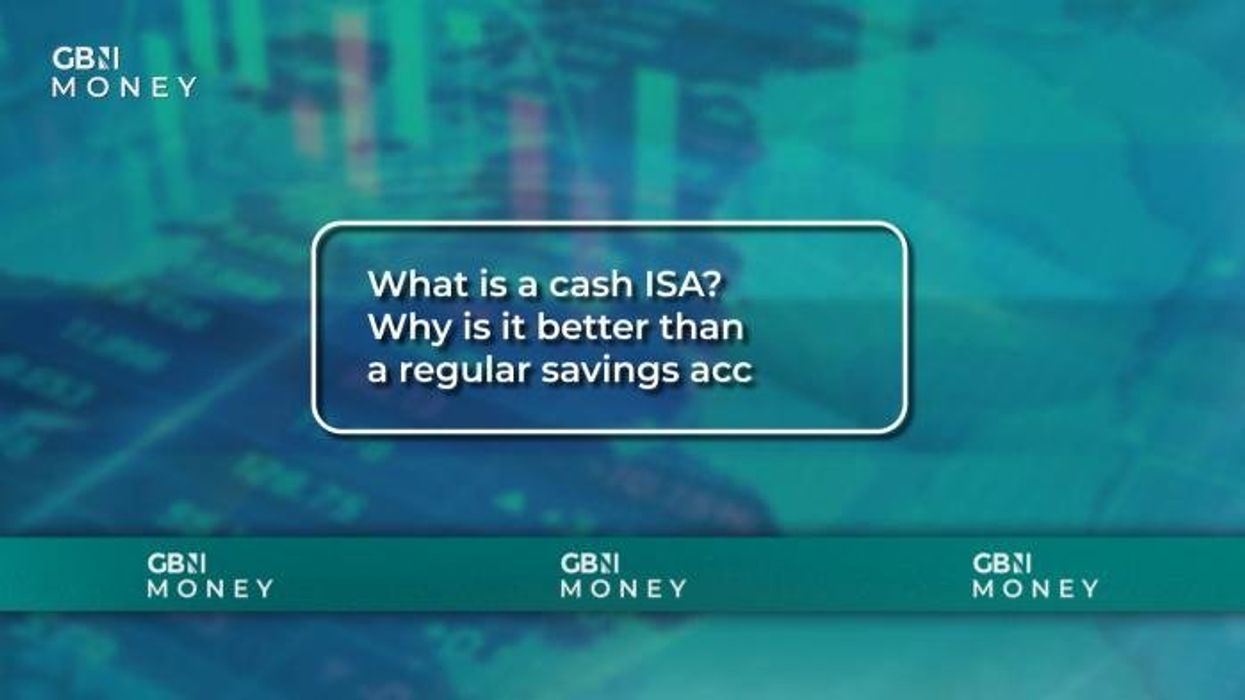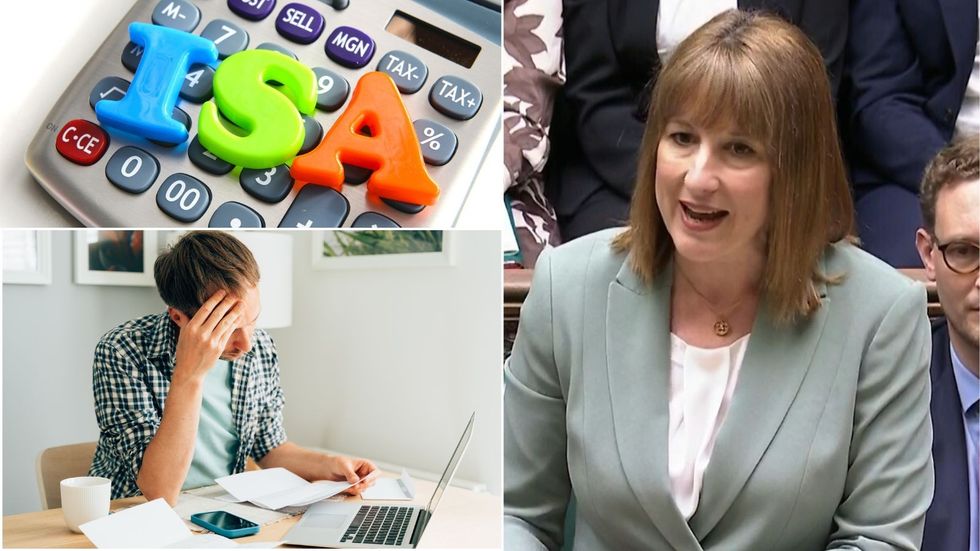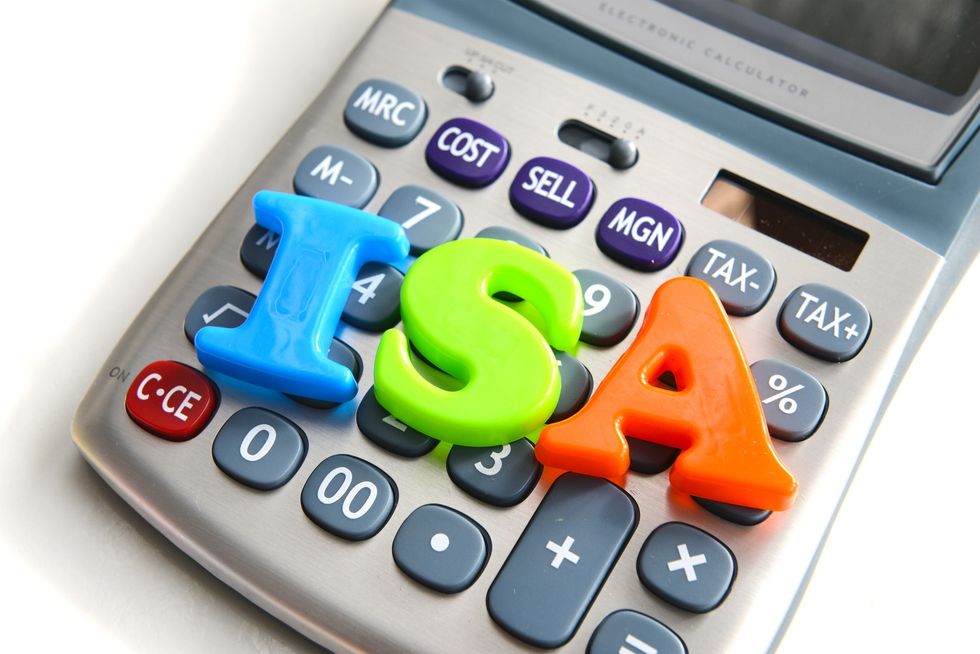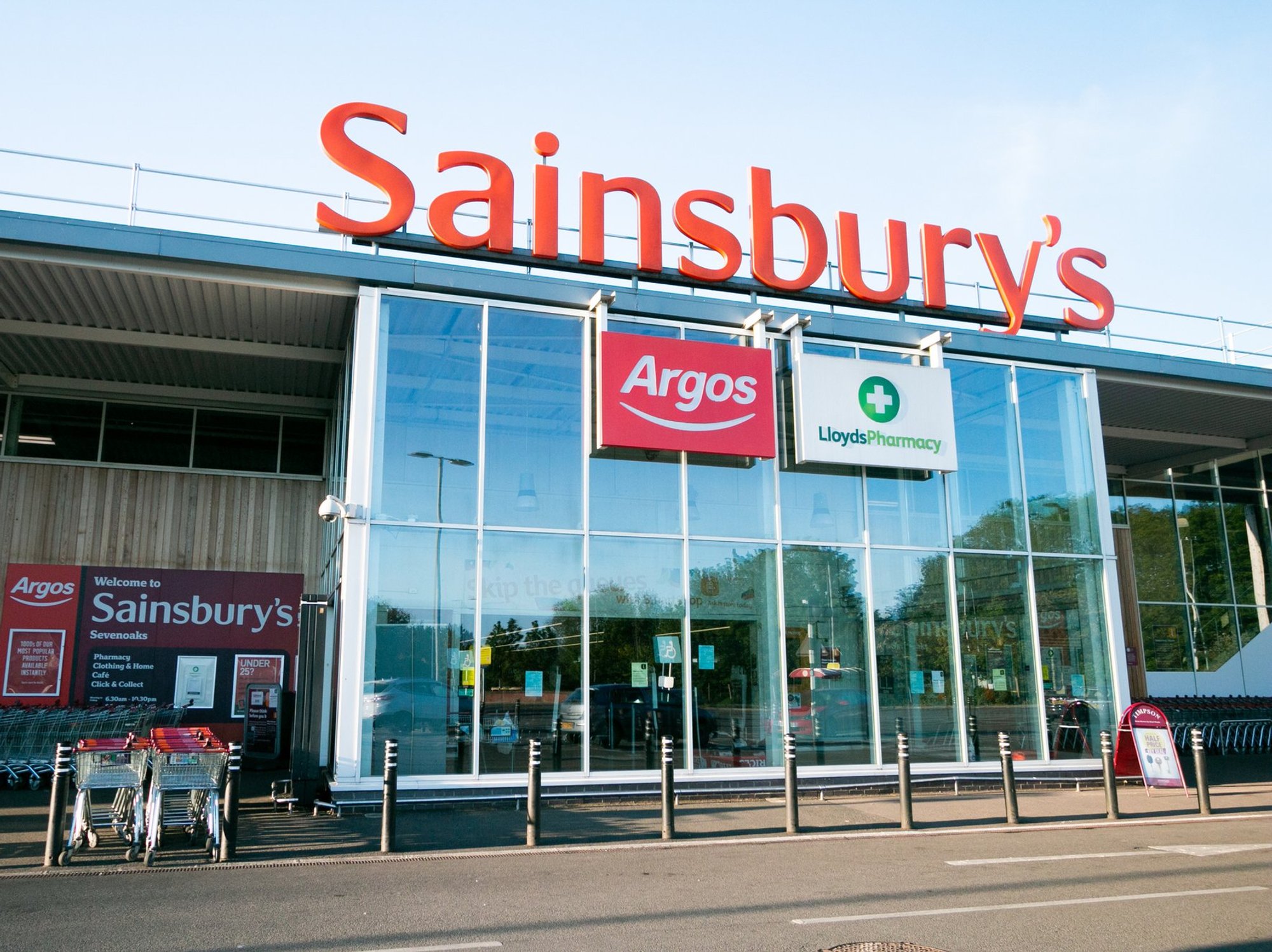Savers face tax bills of up to £2,300 under Rachel Reeves's ISA shake-up

What is a cash ISA? |
GBNEWS

Rachel Reeves is expected to cut the £20,000 tax-free allowance in Wednesday’s Budget
Don't Miss
Most Read
Savers face potential tax bills reaching £2,300 over the next five years under plans for Wednesday's Budget that would reduce the cash ISA annual limit from £20,000 to £12,000.
The Chancellor intends this reduction to drive greater stock market participation.
However, wealth management firm Quilter's analysis indicates the policy could misfire, with cautious savers likely to place excess funds into standard savings accounts rather than equities.
This shift would trigger additional income tax liabilities running into hundreds of pounds annually.
The proposed changes affect Britain's most popular savings vehicle, with official data showing cash ISAs comprise two-thirds of all ISA subscriptions.
Quilter's detailed calculations reveal varying impacts across taxpayer brackets.
Basic rate taxpayers redirecting £8,000 annually to standard savings accounts would incur £328 in additional tax over five years, whilst couples face combined bills of £656.
Higher rate taxpayers experience steeper costs at £1,350 individually or £2,700 per couple, based on 4.5% annual returns and assuming unused personal savings allowances.

Savers face tax bills of up to £2,300 under Rachel Reeves's ISA shake-up
| GETTY/GBNEWSThese allowances stand at £1,000 for basic rate taxpayers and £500 for higher earners, with additional rate taxpayers receiving no allowance.
The most severe scenario affects higher earners who have already exhausted their personal savings allowance, facing £144 in first-year taxes rising to £294 in year two, totalling £2,294 over five years.
Rachael Griffin from Quilter cautioned: "The UK still does not have a strong investment culture, and rather than boosting equity participation, this change might just push money elsewhere."
She highlighted particular risks for aspiring homeowners: "The argument will be that these savers can put their money to work in the markets, but given high house prices, young professionals saving for a deposit could end up penalised as this is typically short-term money that would sit in cash."
LATEST DEVELOPMENTS:
Rachel Springall from financial data provider Moneyfacts observed: "Savers find comfort in cash Isas, particularly those who are being hit by fiscal drag and do not want to risk their pot in a stocks and shares Isa."
The Chancellor has abandoned previous proposals for a "British ISA" requiring minimum 20 per cent UK stock allocation after industry resistance.
Treasury income from savings taxation has increased dramatically from £1.4billion in 2021-22 to £6billion yearly, driven by elevated interest rates and static tax thresholds.
 Only £1.6billion in annual cash ISA contributions would likely move away from building societies if the allowance is halved | GETTY
Only £1.6billion in annual cash ISA contributions would likely move away from building societies if the allowance is halved | GETTY
Wednesday's Budget is anticipated to prolong the income tax threshold freeze until 2030
| GETTYWednesday's Budget is anticipated to prolong the income tax threshold freeze until 2030, pushing additional workers into higher tax brackets.
This extension would reduce or eliminate personal savings allowances for more taxpayers, amplifying their tax obligations.
Ms Griffin noted that whilst basic rate taxpayers might experience limited five-year impacts, higher and additional rate taxpayers would face substantial extra income tax burdens.
More From GB News










